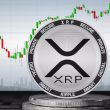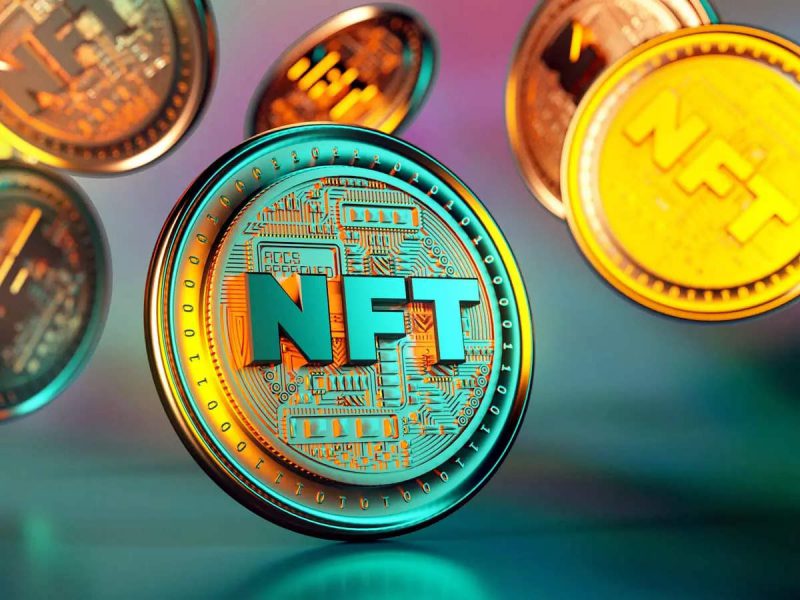The hype around NFT (non-fungible token) projects is not the same as it was in 2021. Over the course of this year, several big projects lost a huge chunk of their value. Internet personality Logan Paul’s Bumblebee went from nearly $600k to just $10.
However, the non-fungible sector is far from dead. According to the October Industry Report by DappRadar, NFT trading volume and sales fell 30% each in October, compared to the month before. However, the unique traders’ count increased by 18%. Industry Unique Active Wallets (UAW) blockchain dapps increased to 2.01 million in October, an increase of 6.84% from the September numbers. This gives weight to the fact that people are still interested in NFTs, despite the downward trend.
The increase can be attributed to Layer-2 protocols, Arbitrum, and Optimism adopting Lido, the top liquid staking system on Ethereum. A rise in the number of unique active wallets of 501% and 83.31%, respectively, was seen. Furthermore, a new cooperation partnership NEAR Foundation and Google Cloud was launched, which increased its UAWs by 1,332.85%.
Moreover, the decline in value of most non-fungible tokens is likely due to the falling prices of cryptocurrencies over the year, and not due to the lack of interest. Bitcoin (BTC) has lost almost 70% of its value since its peak in November 2021. Ethereum (ETH), which is the most common currency for NFTs has fallen 69% over the year. Therefore, as the crypto market picks up pace, ideally, so should the non-fungible token sector.
NFTs turning into securities?
As of now, most people get into non-fungibles to make money, in hopes that artwork will go up in value in the future. The SEC (Securities and Exchange Commission) frequently evaluates whether an investment satisfies the requirements of an “investment contract” to determine whether it is a security.
When it comes to NFTs, if the token is used in a manner akin to an artwork, it appears less like a security and more like a collectible. NFTs may fall under the SEC’s purview if their issuers promote them as investments with a high chance of growth. Thus, it is possible that the agency begins to look into the non-fungible token sector with a close eye.





